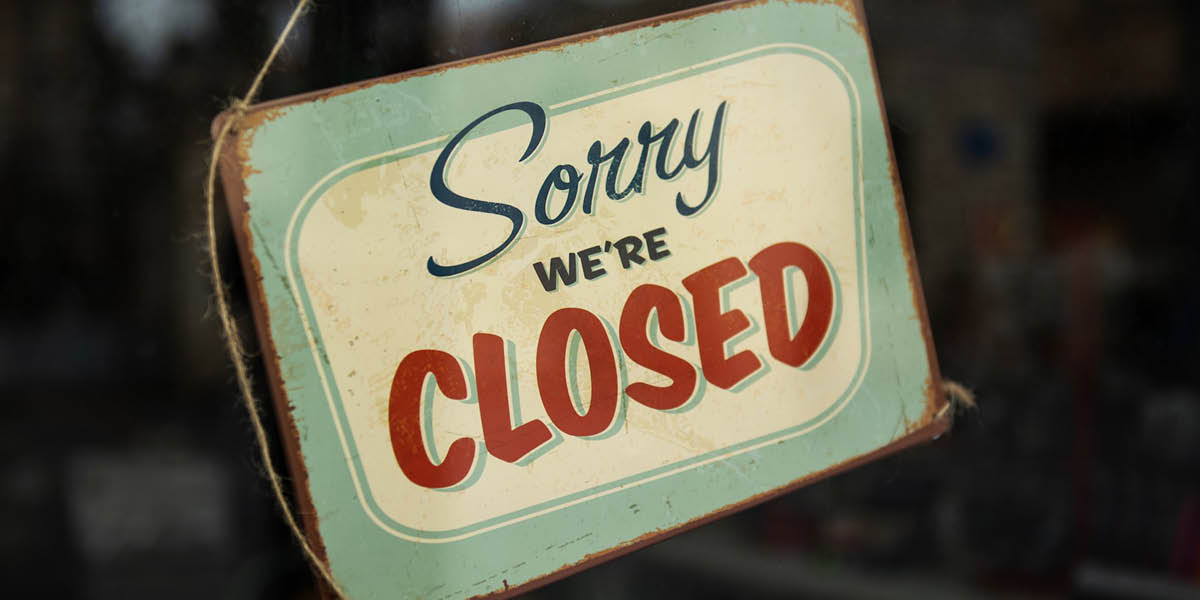Hospitality loses 2,200 sites in three months

Britain's licensed sector – including restaurants, pubs, bars, cafés and hotels – saw a net decline of one closure every hour in the third quarter of 2022, according to the latest Hospitality Market Monitor from CGA and financial firm AlixPartners.
It shows that there were just under 104,000 licensed premises at the end of September 2022 – a net decline of 2,230 since June. This represents an average of just over 24 closures a day, or more than 150 per week. This latest decline leaves the licensed market with 11,426 (or -9.9%) fewer sites than March 2020.
It follows a year of relative stability as hospitality recovered from the pandemic, with the number of sites in June 2022 virtually the same as 12 months prior. The closures over the last quarter follow a sharp price rises in energy, food and labour, and this trend looks likely to continue over the rest of 2022 without further government support.
The report highlights a sharp contrast in the fortunes of managed hospitality groups and independent operators. While the number of managed sites is 3.0% below pre-Covid levels, it increased by 0.9% (179 sites) in the last three months, but the independent sector contracted by 2.6% (-1,751 sites). It reflects the greater resources and buying power of larger businesses compared to smaller firms, many of which are now very fragile.
In contrast to the managed-independent divide, the trend of steady closures over the last quarter has been notably consistent across different locations. High street, surburban and rural locations all recorded the same net decline of 2.1% in licensed premises between June and September. By region, quarter-on-quarter declines varied only slightly, from a low of 1.6% in the south and south east to a high of 2.9% in Scotland.
UKHopsitality chief executive Kate Nicholls comments: "It is truly saddening to see the scale of losses over the last quarter. It's not just the sites that the industry loses but the fantastic people involved and the huge value they add to the cultural and social fabric of a local community.
"Unfortunately, it is no longer a shock to see these high numbers of losses and it has become all too common an occurrence as businesses battle soaring energy costs, worker shortages and a cost of living crisis dampening consumer confidence. UKHospitality forecast this summer that we could lose 10% of the industry if adequate support was not offered and it would appear that prediction is bearing true.
"There is no time to waste – once these businesses are gone, they are gone for good. This sclae of losses cannot continue – it must be avoided at all costs."














